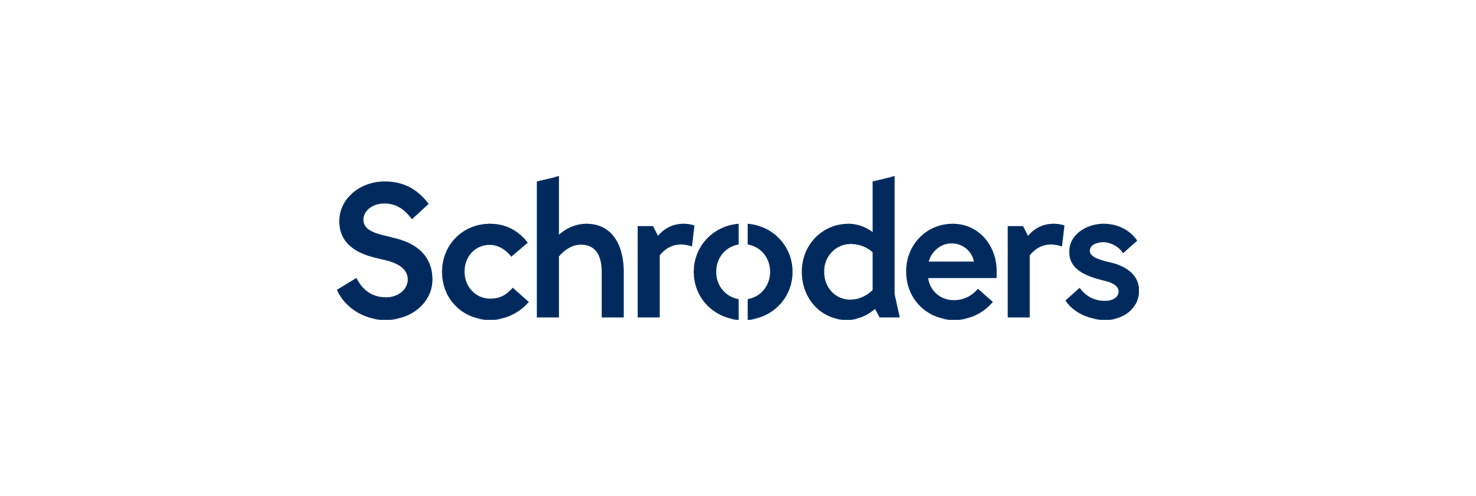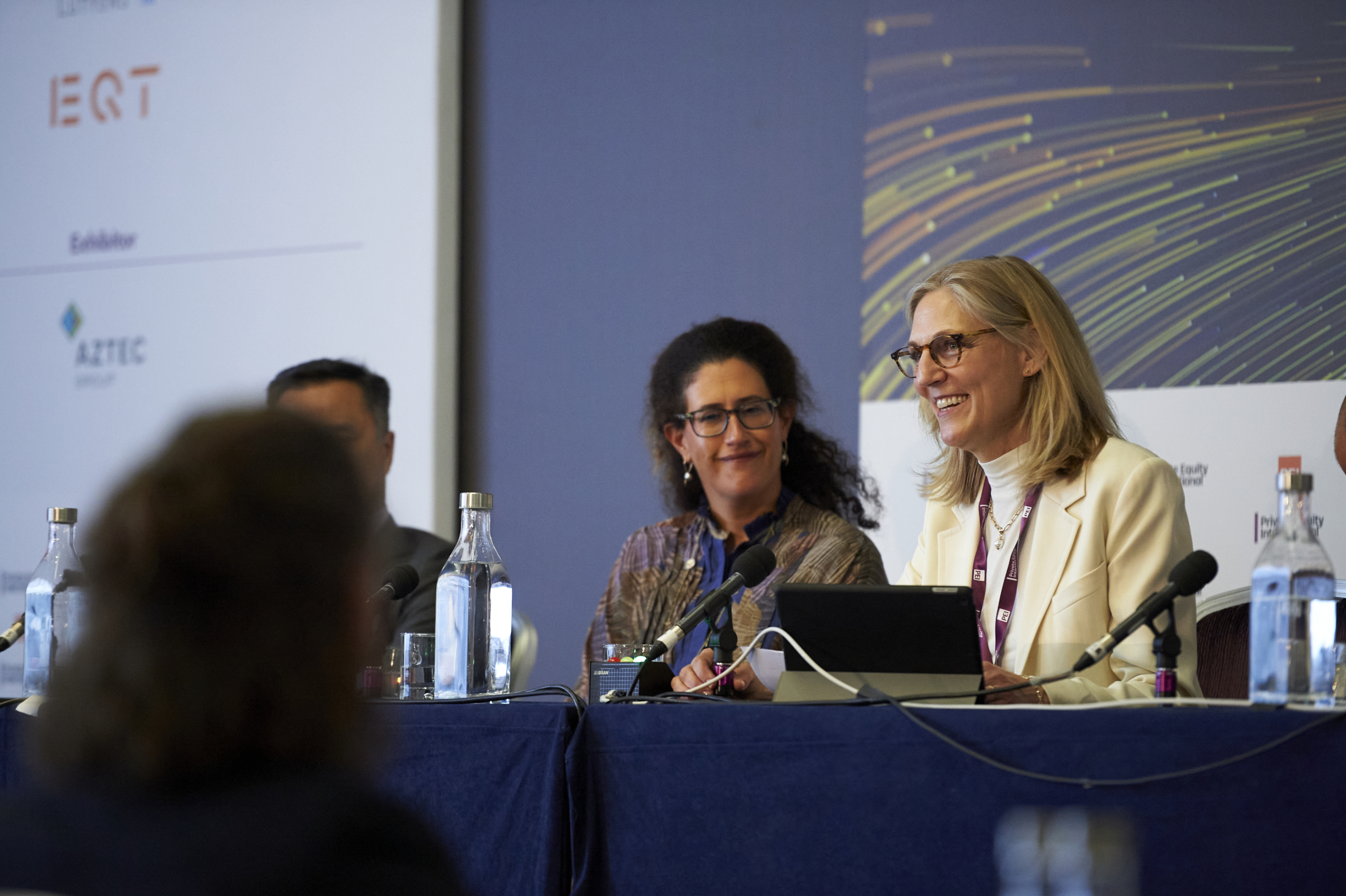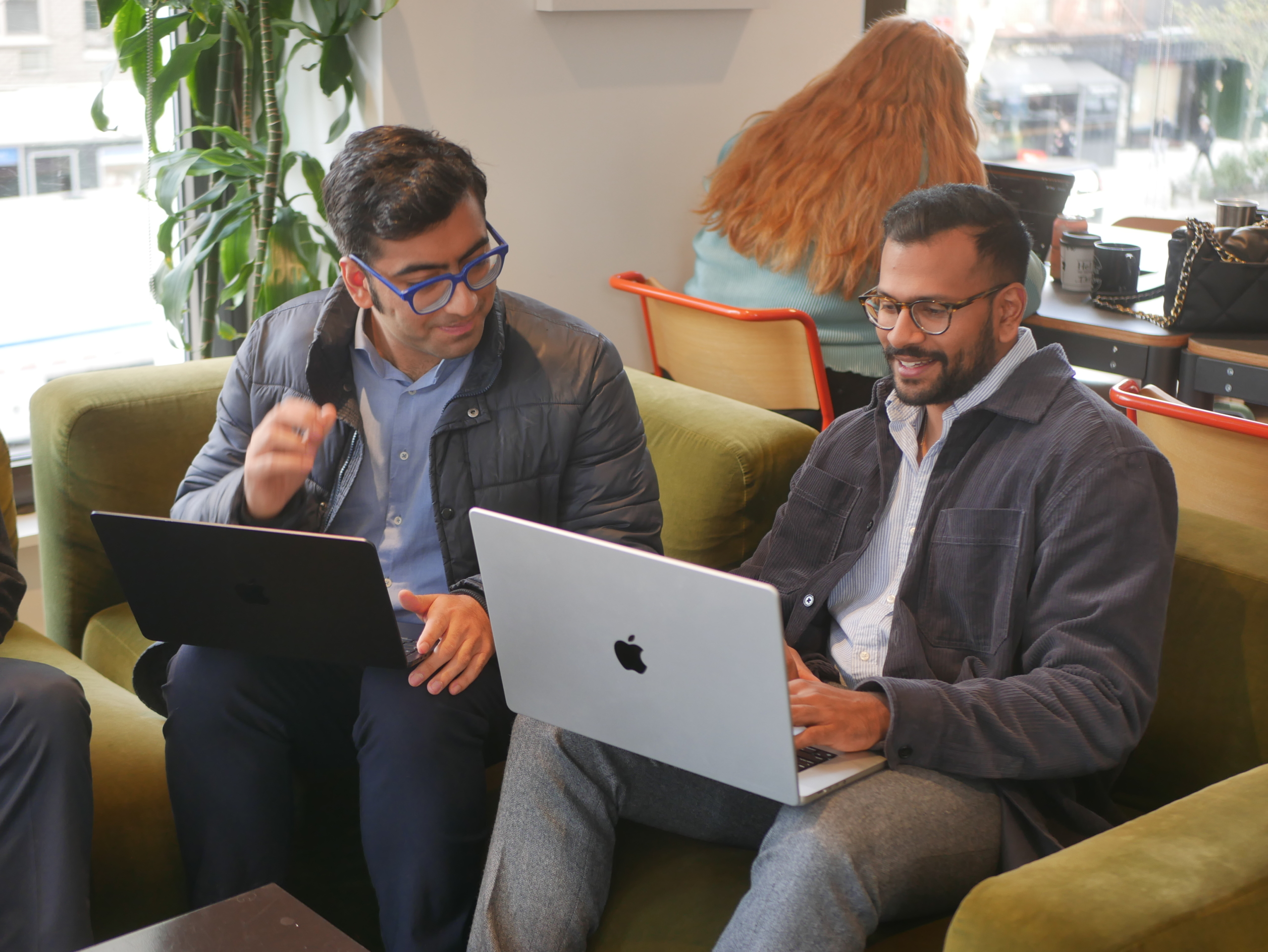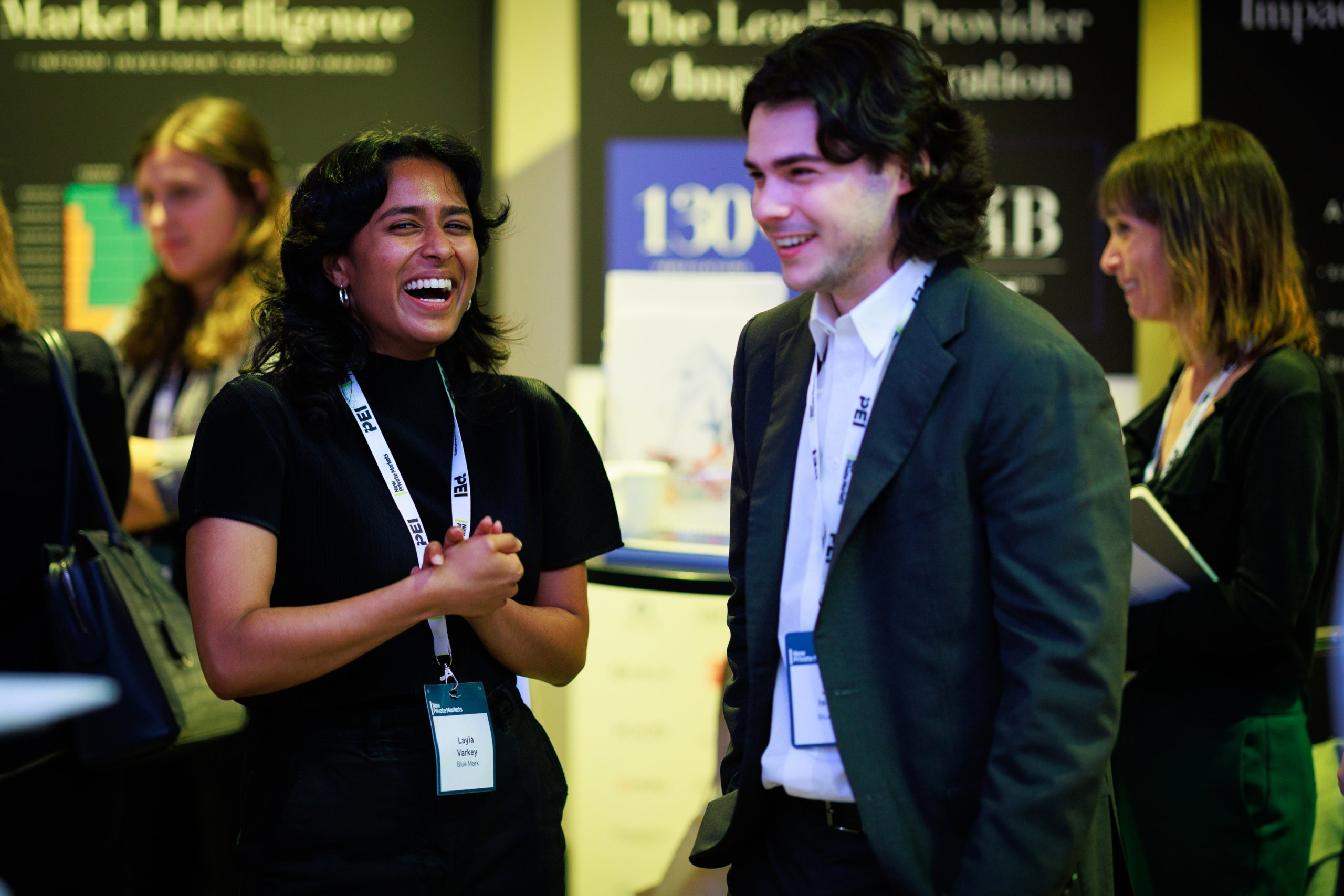
Strengthening trust in sustainable and impact investing
BlueMark is the leading provider of impact intelligence and independent verification for the sustainable and impact investing market.
BlueMark and CASE Publish “A Field Guide: Impact Due Diligence and Management for Asset Allocators”
What we do
We provide independent assessments to help investors understand strengths and gaps in their approach to impact investing. Our services help investors stay on top of evolving market expectations and establish credibility with key stakeholders.
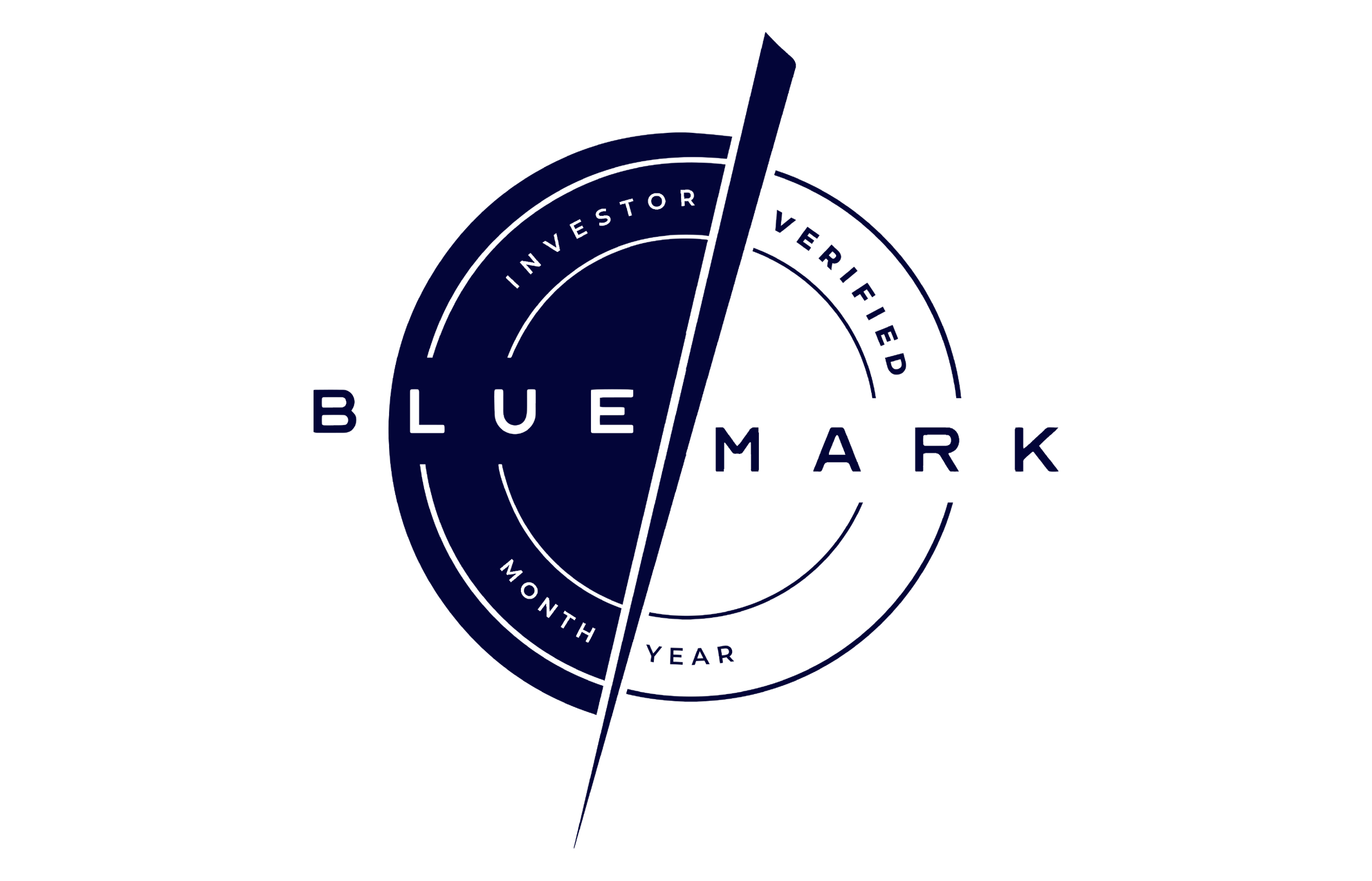
Our reach
* As of April 2024
Request a call
Get in touch to learn how your fund or portfolio can benefit from impact intelligence and independent verification.
The BlueMark Leaderboard
Best-in-class impact investors based on the results of their most recent BlueMark verification.

